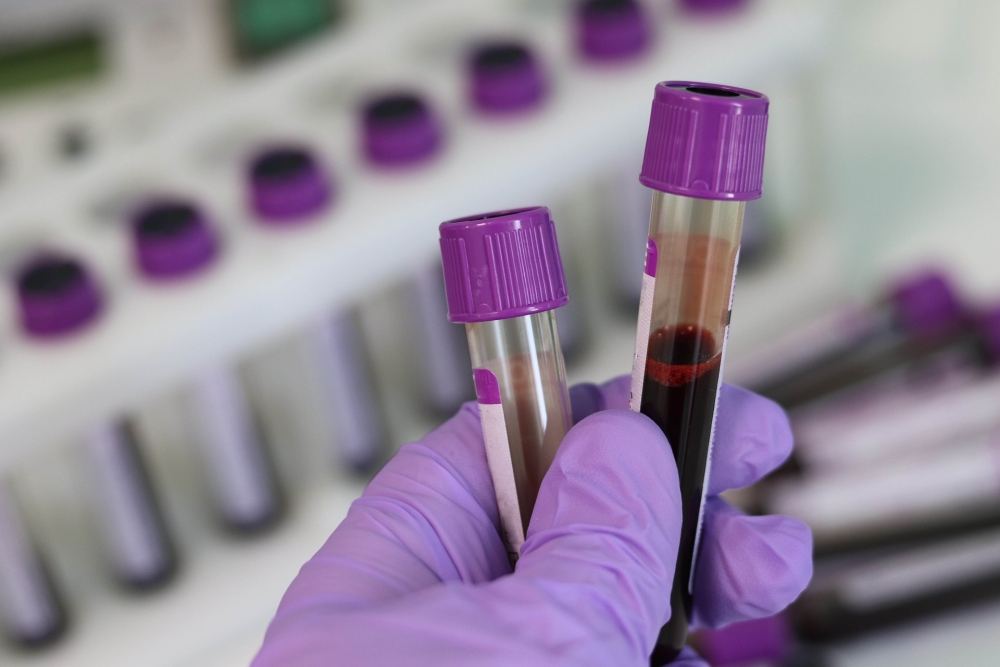New-born deaths preventable with less than a teaspoon of blood

For the first time, scientists have been able to map the developmental pathways of new-born life with less than a teaspoon of blood.
Published in a new study by the Expanded Program on Immunization Consortium, the results could potentially transform our understanding of health and disease during the neonatal period.
Currently, new-borns are the most vulnerable population when it comes to infectious diseases. Senior author Beate Kampmann, Professor of Paediatric Infection and Immunity from the London School of Hygiene & Tropical Medicine (LSHTM) and Director of its Vaccine Centre, estimates that around two thirds of new-born deaths can be prevented if effective health measures are provided at birth. On the research, she said:
“This work is particularly important for vaccine research. New-borns have very limited protection from infection in early life and there is an urgent need to optimise protective measures, including vaccines, used in this age group.”
While there is a wealth of research on the molecular states in adults and infants over a week old, shockingly little is known about the first week of development. This, in part, comes down to challeneges around collecting large enough blood samples from new-borns in order to extract a meaningful amount of data.
However, MRC Unit The Gambia at the LSHTM, who co-led the study, have developed an experimental and analytical approach which requires less than a teaspoon of blood.
The research team in The Gambia recruited new-borns, taking two blood samples during the first week of life. One on the day of birth, the second either on the first, third or seventh day of life. They discovered that, unlike the relatively stable biology of adults, new-borns are far more dynamic. Thousands of changes over the first week of life were found including in gene expression and components involved in immunity.
These experiments were then replicated with a cohort of Australasian new-borns, resulting in similar conclusions, suggesting that the changes do not occur at random, but instead follow an age-specific pathway.
Prof Kampmann said:
"The MRC Unit in The Gambia has carried out important studies in newborns for a long time in order to optimize the use of vaccines. Given our excellent community relations and infrastructure, we were ready to partner with our collaborators to apply the new tools of systems biology to very small blood samples. We wanted to establish this work in a real world situation in order to gain insight into immune development in a setting where new interventions can have the biggest impact on newborn survival."
Establishing key pathways in early development could help measure the impact of factors such as diet, disease and maternal health, as well as key interventions like vaccines.
If you’d like to stay informed on the latest updates in aid and development, please sign up for the AIDF newsletter.















